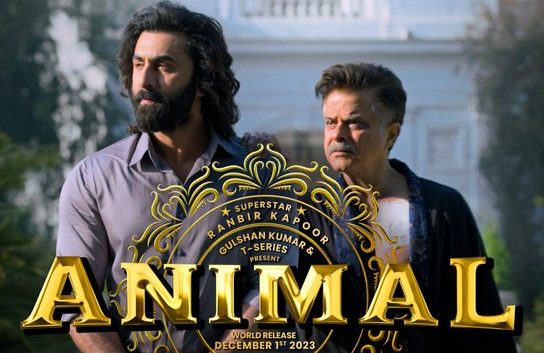
When Animal Star Ranbir Kapoor ADMITTED He Can’t Compete With SRK, Salman And Aamir Khan: ‘They Are…’
December 5, 2023Ranbir Kapoor’s latest film, Animal, has taken the box office by storm, amassing over Rs 200 crores and surpassing Shah Rukh Khan’s Jawan in first-Monday collections. This success marks a significant shift in Ranbir’s career, as he previously expressed doubts about ever reaching the same level as industry titans like Shah Rukh, Salman, and Aamir Khan.
However, Animal’s release has solidified Ranbir’s position as one of Bollywood’s most bankable stars. While the film has sparked online debates about its themes of misogyny and masculinity, director Anurag Kashyap has defended artistic freedom, arguing that filmmakers should not be subjected to censorship based on audience sensibilities.

Filmmakers’ Creative Freedom and the Debate Surrounding Animal
The portrayal of complex and sometimes controversial themes in films has sparked discussions about the boundaries of creative expression. In the context of Ranbir Kapoor’s latest film, Animal, filmmaker Anurag Kashyap has defended the right of filmmakers to explore diverse subjects, even those that may be considered provocative or challenging.
Kashyap’s stance aligns with the notion that filmmakers have the artistic freedom to depict realities, both positive and negative, without the constraints of external censorship. While audiences have the right to critique and engage with these portrayals, it is crucial to respect the filmmakers’ creative vision.
Animal, which delves into the complexities of toxic relationships and the pursuit of paternal approval, has ignited a debate about its representation of gender dynamics. Critics have raised concerns about the film’s potential to glorify toxic masculinity, while others view it as a reflection of societal realities.
Kashyap’s assertion highlights the importance of open dialogue and critical engagement with films, rather than resorting to censorship or dismissals based on personal preferences. By acknowledging the power of cinema to provoke thought and challenge societal norms, we can foster a more inclusive and diverse film landscape.

